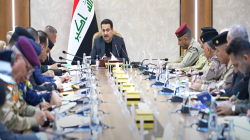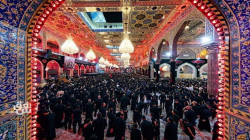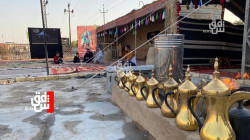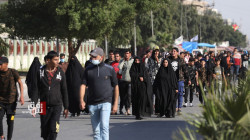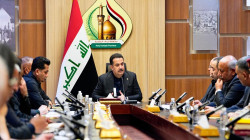Massive pilgrimage marks Arbaeen in Karbala with unprecedented hospitality
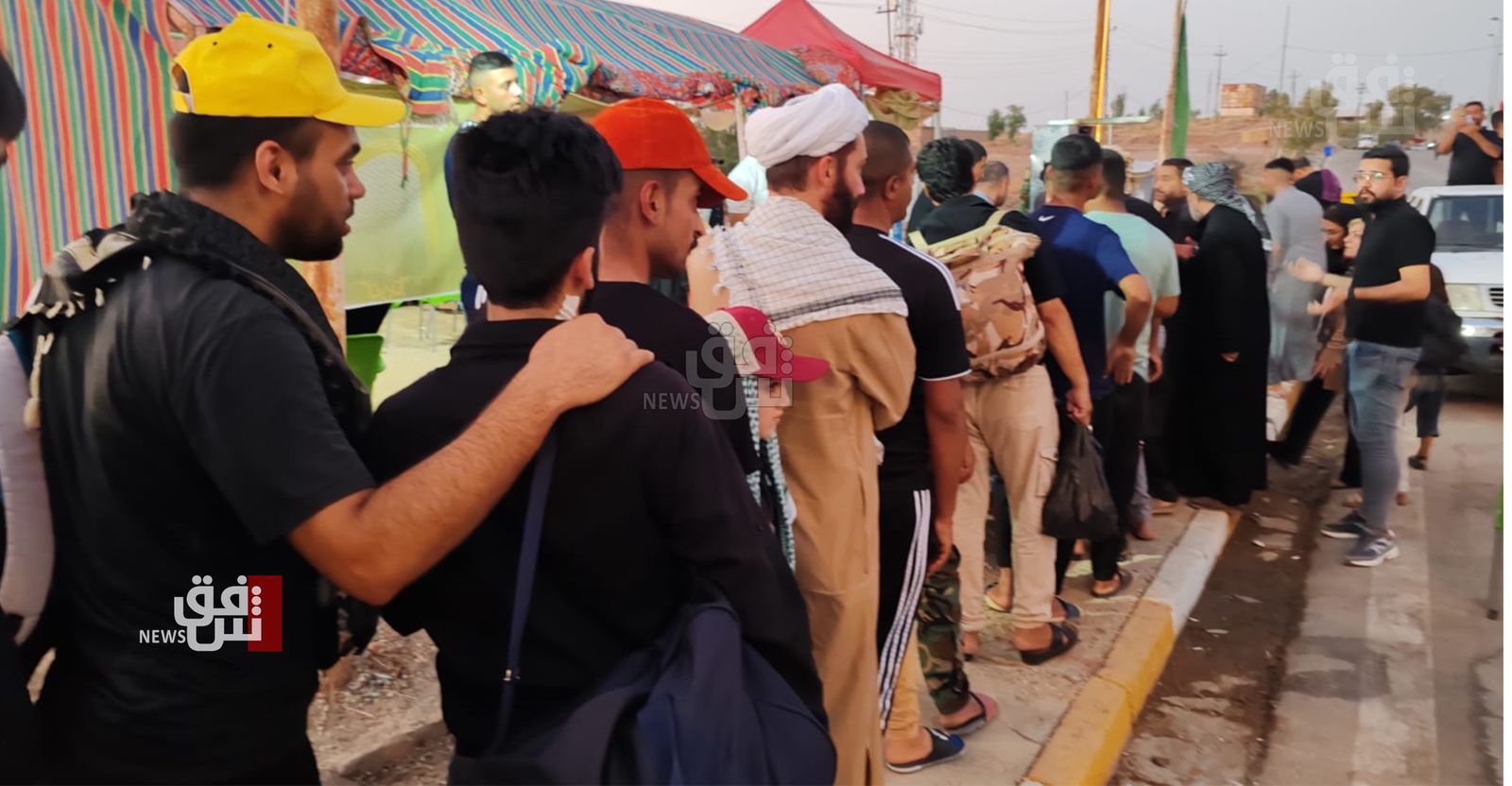
Shafaq News/ The annual Arbaeen pilgrimage in Karbala, one of the largest religious gatherings globally, draws millions of Shia Muslims from around the world. The event, centered on visiting the shrine of Imam Hussein bin Ali, is marked by intense devotion and remarkable hospitality.
The Arbaeen, marks the 40th day after the martyrdom of Imam Hussein bin Ali, the grandson of Prophet Muhammad (PBUH) during the Battle of Karbala in 680 AD. Each year, on the 10th of Safar, millions of visitors, despite enduring temperatures exceeding 40 degrees Celsius, converge on Karbala to pay their respects at the shrines of Imam Hussein and his brother Abbas, situated in the heart of the city.
Generosity on Display
The pilgrimage, which lasts several days, is characterized by an outpouring of generosity. Pilgrims travel long distances on foot to pay their respects, and local residents and volunteers go to great lengths to accommodate them.
Hajj Mohammed Ali, a procession organizer from Khanaqin, explained that participants offer free food and drink at various points along the route. These offerings include not only main meals but also sweets, hot and cold beverages, and traditional desserts.
Open Homes Along the Route
Residents in towns and villages along the pilgrims' route open their homes to visitors. Hassan Al-Moussawi from Sada Al-Hindiya described to Shafaq News Agency how locals offer places to sleep and rest, regardless of the visitor's number or nationality. “Some individuals persuade pilgrims to stay overnight in their homes, while others wait by the roadside to offer what pilgrims need for rest.”
Al-Moussawi added that hosts provide a “comfortable lodging environment, including food, drink, and bathing facilities. Pilgrims rest, perform the morning prayers, and continue their journey to Karbala.”
Additional Services Provided
Tawfiq, a local volunteer, emphasized that hospitality extends beyond food. “Many people offer additional services such as laundry and free medical care at small stations along the way. Children also contribute by distributing water to visitors in the heat.”
Tawfiq remarked to Shafaq News that the willingness to provide these services reflects “a deep sense of duty and respect for Imam Hussein.”
Stories of Sacrifice and Generosity
Numerous stories highlight the spirit of sacrifice associated with Arbaeen. One notable example seen by Shafaq News correspondent is that for an Iraqi who sold his land to organize a large procession to feed pilgrims. Such stories underscore the profound dedication to this occasion and the willingness to sacrifice personal resources for the benefit of others.
International Involvement
Abu Zahra, head of the Hussaini Processions Committee in Khanaqin, noted that generosity extends beyond Iraq. “Iraqi communities abroad organize small processions to provide food and drink to those unable to travel to Iraq. This year, processions from Iran joined local efforts at the Al-Munthiriya border crossing, reflecting the global solidarity of the event.”
“In Karbala, service processions from various countries showcase their hospitality, inspired by Iraqi traditions of generosity.” He told Shafaq News.
Solidarity and Respect
Engineer Arslan Abu Hajar highlighted the unity and respect demonstrated during the pilgrimage. People from diverse backgrounds come together, offering hospitality and support, which transcends cultural and geographical boundaries.
Abu Hajar stressed that “the spirit of Arbaeen teaches valuable lessons about charity, selflessness, and community solidarity. Despite the large crowds and cultural diversity, the event fosters mutual respect and a sense of shared humanity.”
